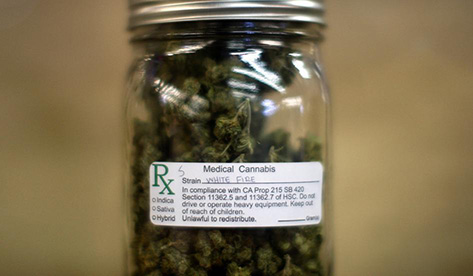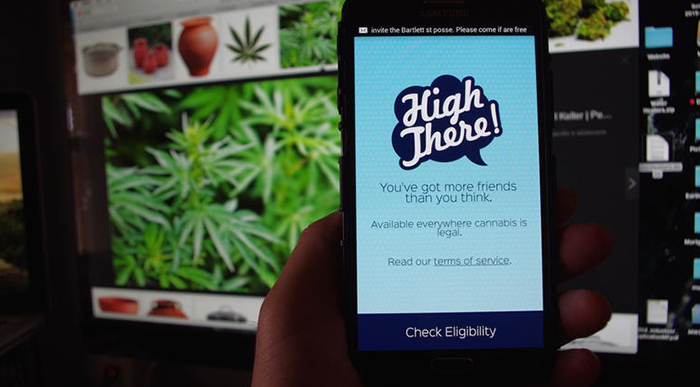In states like California, getting access to medical marijuana is inexpensive and fast. In other states, getting qualified with a doctor could take months and cost hundreds of dollars. Worse still your doctor can’t tell you where to get it, how much you should take, or what strain of cannabis might work best for your condition. In other words, they can recommend a drug to you…and then you’re on your own.
Understandably, this is one of the reasons why doctors are hesitant to discuss cannabis in the first place.
“While doctors are able to approve or recommend—not prescribe—medical marijuana, federal law keeps them at arm’s length in terms of actually providing any assistance to the patient,” explains Liz McDuffie, director of Medical Cannabis Caregivers, a nonprofit that provides resources to support the advancement of healthcare services under state-approved medical marijuana programs.
“While they can refer to research data and anecdotal information, federal law prohibits them from discussing dosage, for example, so patients need to get that from someone at a collective. All doctors can do is sign the form.”
Even if they could offer advice, many doctors are not comfortable providing an opinion without more information. A Konrad and Reid study published in 2013 in the Journal of the American Board of Family Medicine shows that a lack of education is the primary cause of physicians' discomfort in recommending medical marijuana to their patients.
The study, based on data from family physicians in Colorado, showed that 80 percent believed that this education should be incorporated into medical school curricula, 82 percent believed that it should be included in family practice residency training, and 92 percent agreed that continuing medical education on medical marijuana should be made available to them.
Despite this, only a few states that have legalized medical marijuana have made obtaining this knowledge part of their cannabis programs. In Arizona, for example, doctors are able to take a free, five-hour course online defining the physician’s role and expectations under the Arizona Medical Marijuana program. New Jersey, on the other hand, does not provide specific medical education courses, and says that it is the physicians’ responsibility to determine “the applicability of an appropriate course in pain management and addiction medicine.”
Doctors who do want to learn more about medical marijuana—other than just how to legally recommend it—can take courses from organizations like TMCI Global, which offers an online, CME-certified curriculum in clinical cannabinoid medicine for $399, or individual courses by topic. While the information may be helpful, physicians’ hands are still tied when it comes to helping patients explore their options.
“If marijuana is changed from a Schedule 1 to a Schedule 2 drug, then I believe that we’ll see more of that type of education coming down the pike,” said McDuffie. “Doctors are beginning to ask for it, despite the fact that the federal government has tried to keep a lid on this Pandora’s box.”
McDuffie notes that positive changes are already happening, specifically in California and Nevada, where the use of telemedicine was just approved to enable physicians to approve or recommend medical marijuana to patients with whom they do not have a bona fide prior relationship.
“This is a very exciting development that will open the door toward getting medical marijuana to where it was intended,” she said. “Now that telemedicine can be used to provide physician approval, other opportunities may open up for physicians hoping to learn more about incorporating cannabis into their practices.”











